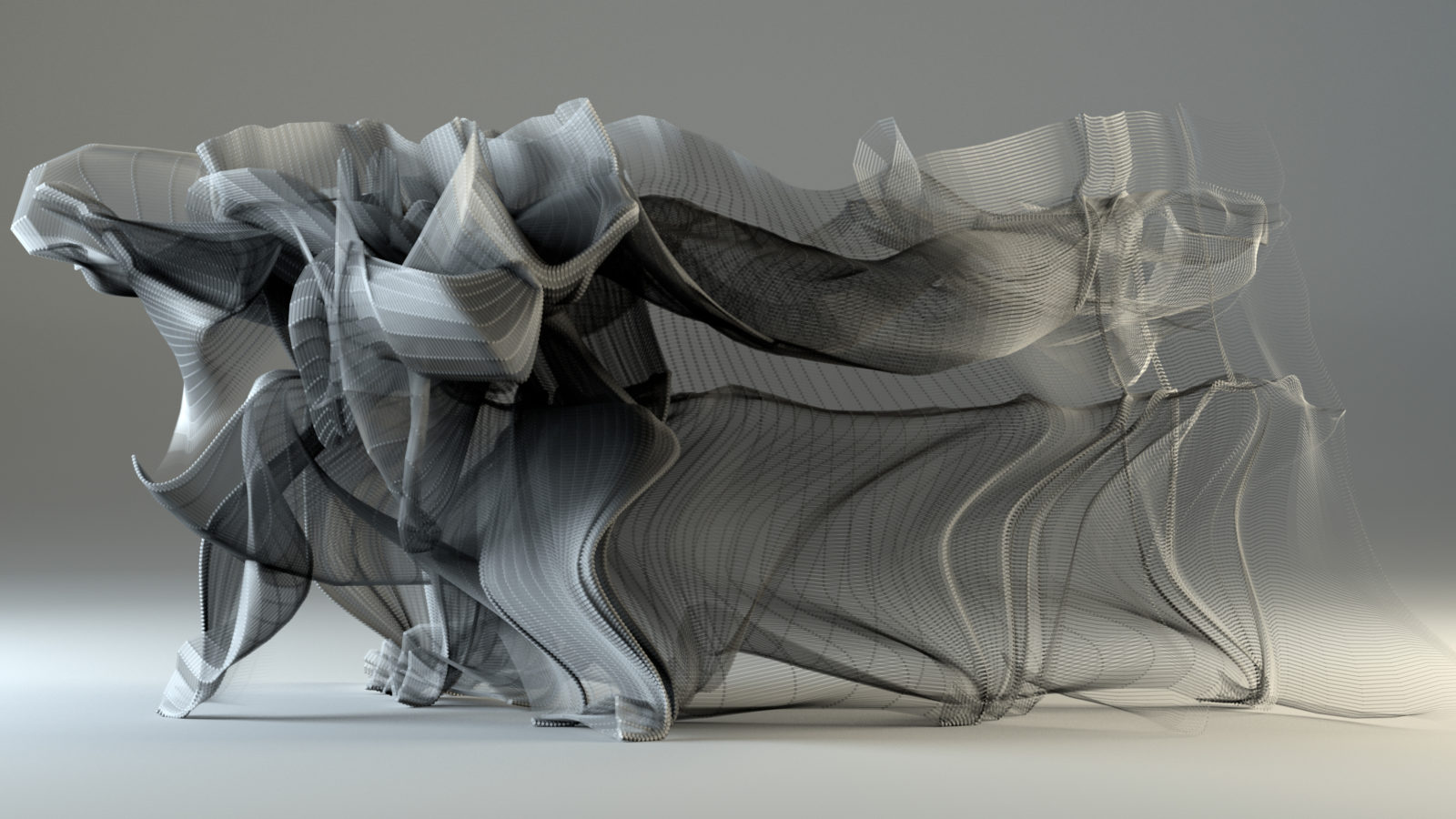Events
“On doing undergoing: Experience, Imagination, and the Principle of Habit”- Prof. dr. Tim Ingold (University of Aberdeen)
We do many routine things in daily life without apparently giving them any thought. Often, we are scarcely even aware that we are doing them. With these operations, the more practised we are at them, the less thought and attention they demand of us. They seem virtually automatic, to the extent that they could just as well be done by machine. Other things, however, such as playing a musical instrument or practising a craft, entail intense concentration and a heightened awareness of the presence and movement of both the self and of others in the environment. The question is: how are we to distinguish bodily automatisms from the practised mastery of a craft? Both are easily confused under the rubric of habit. Tim argues that theories of embodiment, which treat habit as a kind of sediment, beyond the reach of conscious deliberation, fail to provide an answer to this question. Drawing on the work of John Dewey, Tim argues instead for an alternative understanding of habit that rests on the way in which the practitioner, though actively engaged in the practice, is nevertheless inside it. Or in Dewey’s terms, the doing is also an undergoing; what we do is also done in us. And in this ‘doing undergoing’, in dwelling in habit, imagination and experience come together as one.
Tim Ingold is Emeritus Professor of Social Anthropology at the University of Aberdeen, and a Fellow of the British Academy and the Royal Society of Edinburgh. Following 25 years at the University of Manchester, Ingold moved in 1999 to Aberdeen, where he established the UK’s newest Department of Anthropology. Ingold has carried out ethnographic fieldwork among Saami and Finnish people in Lapland, and has written on environment, technology and social organisation in the circumpolar North, on the role of animals in human society, on issues in human ecology, and on evolutionary theory in anthropology, biology and history. In his more recent work, he has explored the links between environmental perception and skilled practice, focusing on questions of movement, knowledge and description. His current research is situated at the interface between anthropology, archaeology, art and architecture.

